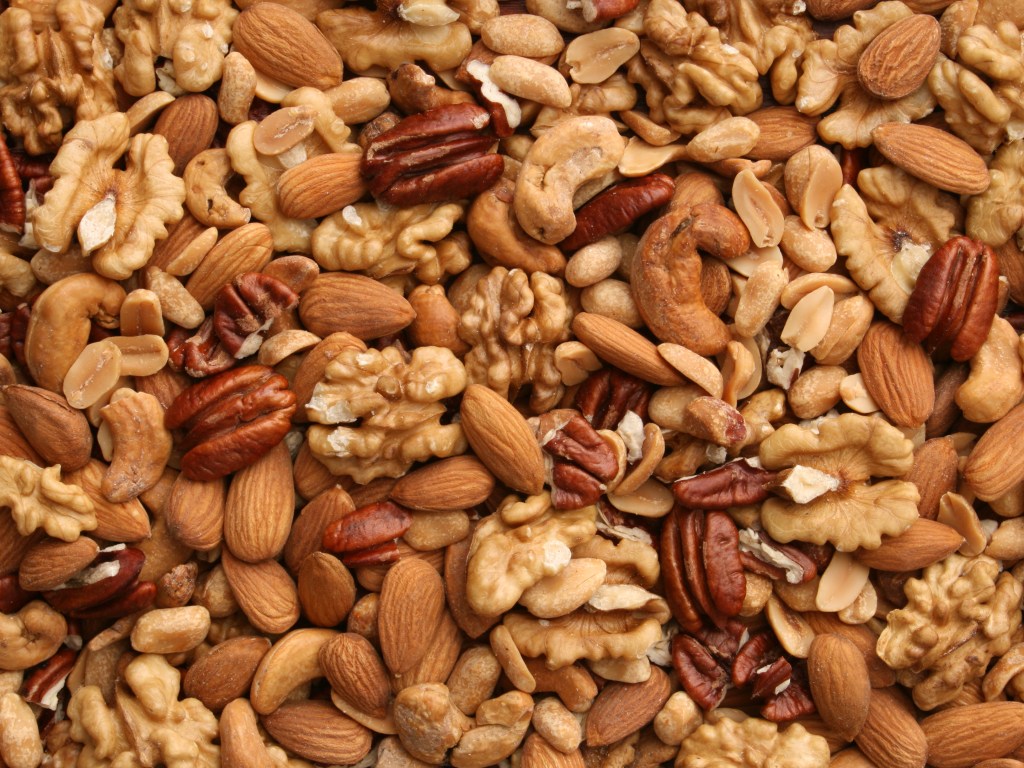Food allergies now affect approximately 1 in 13 children in the US, representing a 50% increase in the predominance of food allergies between 1997 and 2011.
Experts attribute to the growth of several factors, including a shift in more refined diets, vitamin D deficiency due to lack of sun exposure and “hygiene hypothesis” – which claims that our purest contemporary environment exposes children to less germs, causing their immune system to be overseen.
But a recent study conducted in Sweden and published in the pediatric journal allergies and immunology adds to a growing organ of research suggesting that one of the factors may be the late presentation of allergic foods.

The researchers analyzed the data of 2,060 babies and found that their presentation in a diverse diet – categorized as composed of 13 or 14 different foods – at the age of 9 months associated with a 45% reduction in the risk of food allergies until the baby reached 18 months.
However, the study suggests that the same protective effect does not appear to occur when applying a diverse diet at an early age, such as 6 months.
This association was kept strong even as it was regulated for factors such as family history of allergies, the duration of breastfeeding and mother’s education levels – although researchers noted that “children with eczema history can benefit more from eating a diverse diet at the beginning of their lives.”
The results were obtained by asking parents to complete a questionnaire that measured the diversity of their baby’s diet in 6 and 9 months based on how often they consumed 14 foods, including six common allergies: wheat, eggs, dairy, nuts (especially peanuts) and soybeans.
In 18 months, 100 of the children in the study were diagnosed with a food allergy, the most common ones being cow’s milk (69 cases) and eggs (35 cases).
While food allergies are largely genetic, this study shows that a baby’s diet in 9 months can also have a significant impact on their chances of developing food allergies.
“Repeated exposure to baby foods is important for both the development of tolerance and for maintenance,” the researchers write.

“One can assume that frequent consumption of plant -based foods, including fruits, vegetables and legumes that are rich in fiber and vitamins are especially important for reducing the risk of food allergies, in accordance with existing guidelines,” they concluded.
These findings match previous studies that emphasize the benefits of early presentation of allergic foods.
For example, a 2019 study found that the presentation of foods containing peanuts for infants between the ages of 4 to 6 months was associated with a reduced risk of peanut allergies.
Another study repeated those findings last year, revealing that children who ate peanuts like paste or puree while age 5 were 71% less likely to develop an allergy to peanuts than those who had no peanuts.
Other recent research “supports that the method and time of food presentation can affect the possibility of developing an allergy or sensitivity to food.”
#feed #baby #reduce #risk #allergies
Image Source : nypost.com